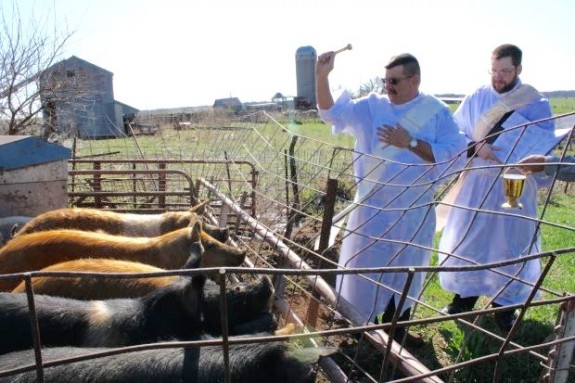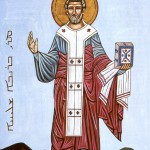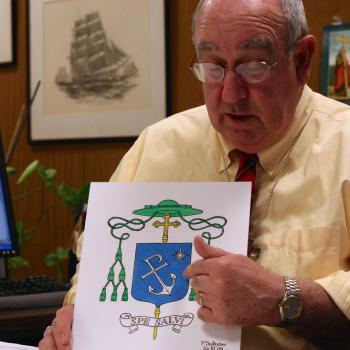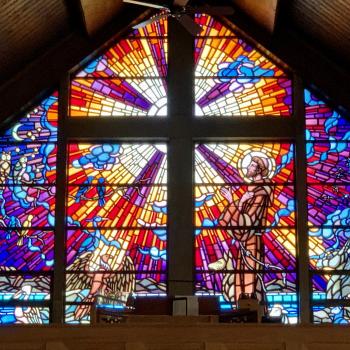From CNS:
The ancient Catholic tradition of Ember days has been resurrected in the Diocese of Des Moines by a deacon who serves in rural ministry.
Deacon Eric Bertrand, assigned to Sacred Heart Parish in Chariton and Holy Trinity Parish in Lacona, said he was inspired to reintroduce the prayer and fasting traditions of Ember days while reading Pope Francis’ 2013 apostolic exhortation, “Evangelii Gaudium” (“The Joy of the Gospel”).
The pope “talked about reawakening popular devotion,” Deacon Bertrand said. “There was a lot of talking and discernment (among deacons in rural ministry). We started to explore bringing our spirituality out of the church.”
As a result, priests and deacons will by request make home visits to farmers who would like their seed, livestock, water sources, equipment, tools and land blessed. Farmers are encouraged to contact their local parish.
Kyle Lechtenberg, director of the diocesan Office for Worship, said the Ember day tradition focuses on giving thanks while remembering our dependence on God.
“I grew up on a farm, and you are totally dependent on the water that God provides, and there’s a risk and trust in farming,” Lechtenberg said. “We are so fortunate here that year after year after year the yields are so bountiful. That’s not true everywhere, and that’s a reason to be even more thankful.”
At one time, Ember days were on the liturgical calendar. Such days required fasting and were meant to “thank God for the gifts of nature, to teach men to make use of them in moderation and assist the needy.”
In 1966, Pope Paul VI’s apostolic constitution, “Paenitemini,” addressed and altered fasting guidelines and excluded Ember days as days of fast and abstinence.
Ember days occur four times per year, loosely corresponding to each season and preceding a liturgical feast day: Ash Wednesday in spring, Pentecost in summer, Exhaltation of the Holy Cross in fall and St. Lucy Day in winter.

















